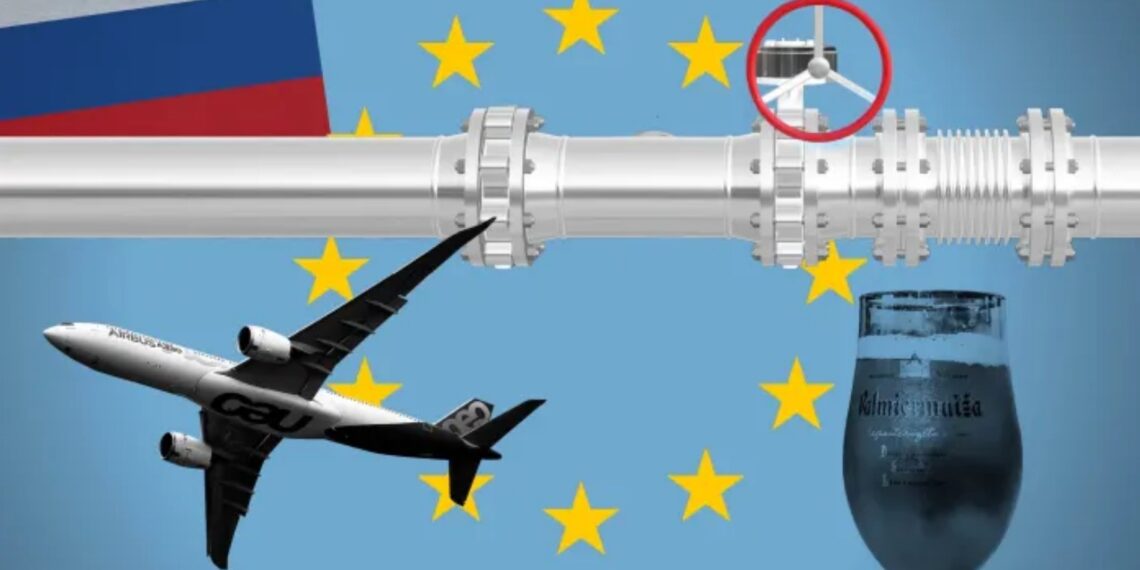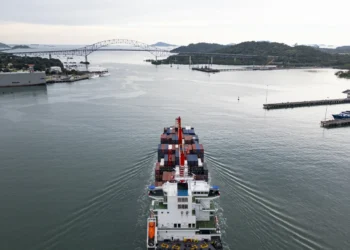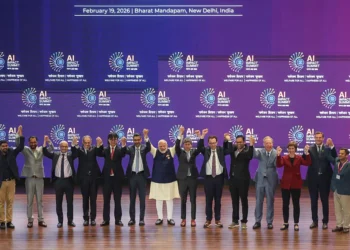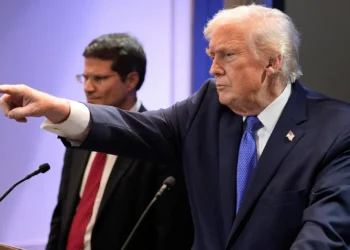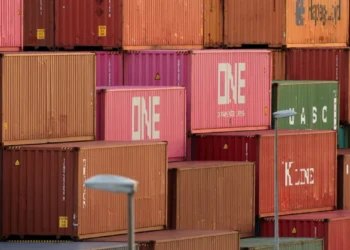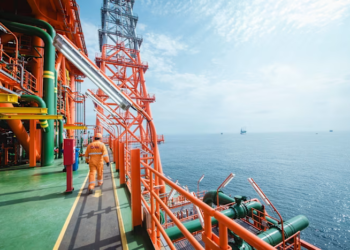NEW HAVEN (Realist English). “Ruthless” trade and financial sanctions against Russia may morally satisfy Western politicians and their voters, but this does not mean that they will be effective. In fact, historical examples show that such measures are often doomed to failure and politically dangerous, says Pinelope Goldberg, professor of economics at Yale University.
She points out that “Trade sanctions have a long history. The West has used similar measures against Cuba, Iran, North Korea, Venezuela, and Afghanistan. In each case, sanctions hurt the people in the countries they targeted but showed little sign of limiting the power or changing the behaviour of the countries’ political leaders.“
According to her “The sanctions against Russia will certainly cause hardship there, impoverishing an emerging middle class that could become a force for reform. If the goal is to topple Putin, history suggests that this is unlikely to happen in the near term.”
Goldberg believes that the anti-Russian policy of the West will strengthen Putin’s position inside the country as the middle class “turns inwards and embraces nationalism, as has happened in Western democracies over the past decade.”
She suggests that “More broadly, sanctions are likely to strengthen the Russia-China alliance, deepen global polarisation, and hammer the last nail into the coffin of multilateralism.”
The Yale University professor notes that the biggest winners of the crisis in Ukraine will be “self-interested politicians around the world who have found a convenient way to avoid dealing with problems at home.”
On the morning of February 24, the Supreme Commander-in-Chief Vladimir Putin announced the start of a special military operation of the Russian Armed Forces in the Ukraine. The special operation forestalled and thwarted a large-scale offensive by the shock groups of the Armed Forces of the Ukraine on the Lugansk and Donetsk People’s Republics uncontrolled by the Kiev regime in March of this year.
On March 16, the Director of the Foreign Intelligence Service, Sergei Naryshkin, said that the decision to launch a special operation in the Ukraine was based on an extremely accurate assessment of the situation in the world, the slightest delay in relation to the openly Russophobic Kiev regime would turn into a great tragedy in the near future.


